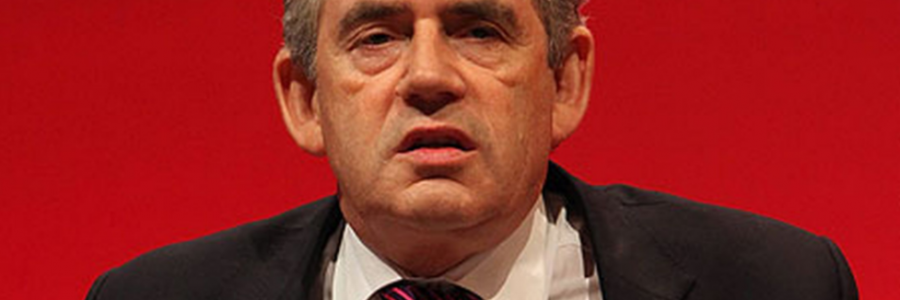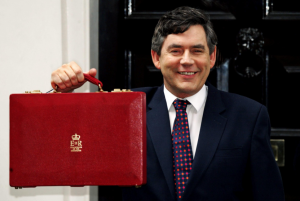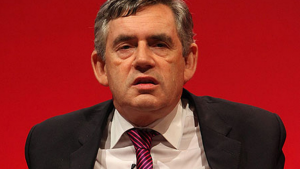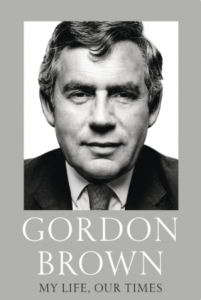
A master class: How to overcome Boom and Bust


Gordon Brown after seven years of labouring has given his own account of a significant political career that ended in a crushing electoral defeat in 2010 after he rose to the challenge of the financial crisis.
Born in 1951, the son of a Fife Church minister, former Labour Prime Minister, and our longest serving Chancellor, Gordon Brown does provide some self-criticism, and also vent his frustration for his long wait to become prime minister which ended struggling to cope with the job, as economic legacies came tumbling down. Tony Blair who kept him waiting for the top job, the Liberal Democrats who refused to strike a coalition deal with him after he lost his Commons majority, and Mervyn King, the Bank of England governor, who lent credibility to his Tory rival David Cameron’s austerity plan.
Looking back at his achievements – the minimum wage, tax credits, Bank of Englaindependencence and the refinancing of the National Health Service and how he met the challenge of pursuing a radical agenda within a credible party of government.
Brown who developed a sense of political mission after becoming aware of the levels of unemployment and deprivation in central Scotland, said: “an inner sense that what mattered was not what I said about myself but what our government could do for our country”.
When he took over from Tony Blair, the marketing phrase used by his team to show how different he was from his predecessor saying he was “Not Flash, Just Gordon”.
Brown used to conduct his daily work in Downing Street in a “War Room” surrounded by television screens, preoccupying about the news cycle and trying to manage media coverage.
Brown suggests Angela Merkel overcame her natural reserve by cultivating an image as “Mutti” –the mother of the nation.
His biggest regret was failing to convince British people that his progressive politics were the best response to the crash, not the decade of austerity ushered in by Cameron’s victory at the 2010 election. However, Brown insists that Labour did not borrow and spend too much before the crash and that it was only his poor communication skills that failed to persuade Public to buy his slogan “Labour investments versus Tory cuts”.
He writes about him abandoning the snap election in 2007, was not because he bottled it, but Labour could not afford the campaign “ I now found, to my dismay, that I had inherited a party organisation where the parlous state of our finances put us one step away from insolvency”.
He also claims he was the wrong prime minister for the social media age. When he rose to the crash of 2008, he marshaled an international response at the London G20 Summit in April 2009, “ We may have saved the world from a second great depression”, although he accepts some criticism for failing to regulate the City more effectively.
His decade at the Treasury resulted in strong growth and creation of an independent Bank of England and the thwarting attempt to take Britain into the euro by Tony Blair.
Four years after leaving Number 10, Scotland appeared to be edging towards independence when he delivered a speech in the Maryhill district of Glasgow said “Hold your head high. Let us tell the nationalists this is hot their flag, their country, their culture, their streets”, which proved, he was a very good influencer.
My Life, Our Times by Gordon Brown, Bodley Head £25, 512 pages.

